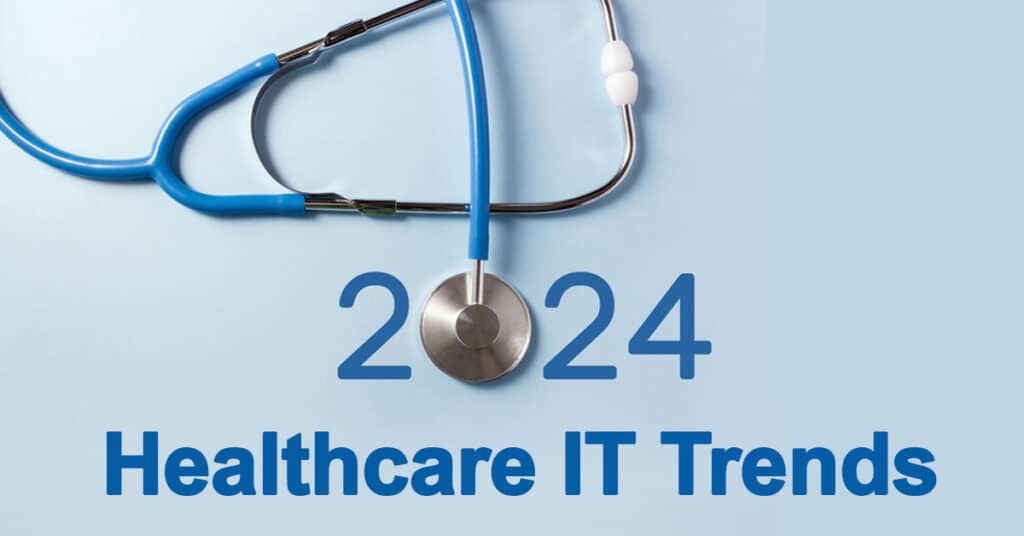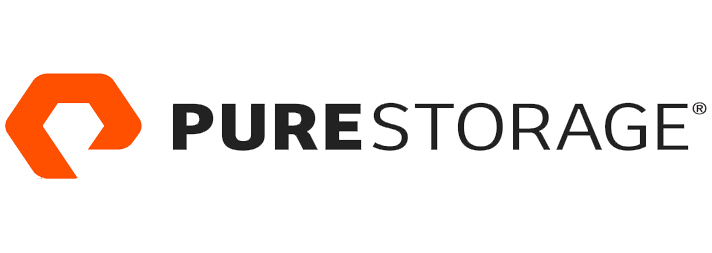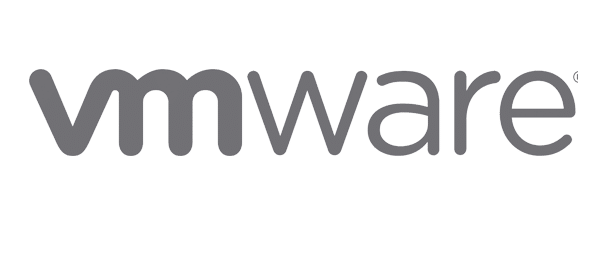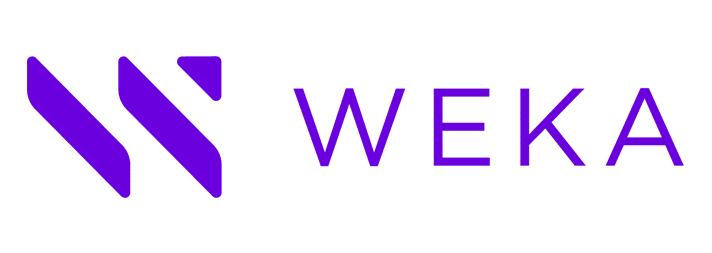The Top Healthcare IT Trends in 2024
The medical world is almost fully digitized. According to HealthIT.gov, 88% of office-based physicians in the U.S. have already adopted some degree of electronic health records. And it’s not just the records: 74% of U.S. patients now use telehealth services.
To facilitate an increasingly digitized healthcare environment, you’ll need to understand the latest healthcare IT trends in 2024—including those trends that will come to define 2024. Let’s explore those trend, and what they might mean for the future of healthcare IT.

5 Healthcare IT Trends in 2024
Trend #1: Big Data Turns Into Knowledgeable Data
Expect healthcare IT organizations to find new ways to manage data sets and obtain access to knowledgeable data. Knowledgeable data refers to data analytics that help you reach informed conclusions. This is the level of analytics that helps you improve care quality, efficiency, and resource allocation to create a more responsive healthcare environment.
Large swaths of computerized data have been available since the dawn of the information era. In 2024, it will be the organizations that can turn large swaths of healthcare data into knowledgeable directives—potentially fueling future decisions—that have the advantage. To harness the potential of big data in healthcare, you should proactively invest in advanced data analytics tools and technologies. This will help you sort through “big data” and arrive at accurate takeaways to improve the quality of your service.
Trend #2: The Rise of Artificial Intelligence
AI will help healthcare professionals and patients alike make more informed decisions. In fact, it may just revolutionize healthcare. It can assist with complex decision-making processes, predict patient needs, and optimize how you allocate your resources. By 2030, it’s predicted that AI in healthcare could be a market worth $187 billion or more.
AI-driven solutions have already become indispensable in some ways. But look for this trend to manifest in healthcare in a variety of areas:
- In telehealth, AI-driven virtual consultations can help healthcare providers deliver data-driven recommendations. Take Medi24, a telemedicine company based in Switzerland, which is developing a “symptom triage” tool to help AI interact with patients and understand their symptoms.
- In decision-making, clinical decision support systems (CDSS) may help identify high-risk patients and even assist in predicting diseases, which can reduce diagnosis time and may even reduce the need to refer to specialists.
- In healthcare analytics, machine learning algorithms can sort through vast swaths of medical data. This may help diagnoses to punch through the noise and recommend potentially life-saving interventions.
- In diagnostics, AI can enhance both speed and accuracy. According to the American Hospital Association, “more than 48% of hospital CEOs and strategy leaders are confident that by 2028, health systems will have the infrastructure in place to make use of AI in augmenting clinical decision-making.”
- In personalized healthcare, AI can combine data from genetic testing to electronic healthcare to provide more personalized summaries and diagnoses. This can not only assist medical professionals in providing quality treatment, but extend the reach of that treatment to a greater portion of the population—allowing superior treatment and diagnoses for people in low-income areas.
As AI-driven solutions improve the efficiency and accuracy of healthcare, the quality and quantity of healthcare services can improve in lockstep. This has the potential to dramatically increase the worldwide quality of interventions and preventative medicine.
Trend #3: Improved Clinical Trials (Thanks to AI)
Healthcare can be notoriously challenging in clinical trials. Conducting real human studies can be inefficient and highly problematic, as there are only so many interventions researchers can conduct without violating the rights of patients and clinical subjects. Given these limitations, data from clinical trials is at a premium—and so is the accuracy of the results.
AI can help there as well. AI can streamline clinical trials by processing enormous amounts of data, identifying patterns and efficiencies—and in some cases, perhaps even making predictions. As Forbes points out, AI algorithms can create “detailed patient profiles” based on variables like demographics and medical history. This will give clinical researchers the data they need to match patients with the right clinical trials. The more accurate these trials are, the faster medical knowledge can advance—which benefits us all. Find out how Comport is innovating in AI solutions.
Trend #4: New Strategies for Stepping Up Cybersecurity in Healthcare
The more digitized the world of healthcare becomes, the more targets it creates for cybercriminals. Fortunately, new technology is driving innovations that can keep critical medical data secure:
- Network segmentation may continue to be a primary method to improve the security of healthcare IT. This segmentation can divide a computer network into smaller parts, reducing the overall risk of a cyber breach.
- Medical devices may enhance security systems and standards, such as zero-trust security logins, to help ensure medical data remains safe.
- AI innovations can look for attempted breaches and offer diagnostic recommendations to healthcare IT professionals looking to improve cybersecurity network-wide.
Trend #5: Blockchain for Healthcare Records
Blockchain can securely move information from one computer to another without putting critically sensitive data at risk. That may have implications for healthcare records, as adopting blockchain technology can give patients more control over their data—while also allowing healthcare providers the access they need. With blockchain technology, confidentiality can be maintained without losing the convenience of modern digitization.
2024 Will be a Big Year for Big Data, AI and Innovation in Healthcare
With AI, machine learning, and increased digitization changing the healthcare landscape, 2024 figures to be a big year for healthcare IT. By watching these healthcare IT trends, however, you can keep abreast of all the latest developments—and ensure that no new innovation catches you off-guard. Reach out to Comport to get started on your journey to new healthcare IT innovations and dive into which healthcare it trends make sense for your organization.




























